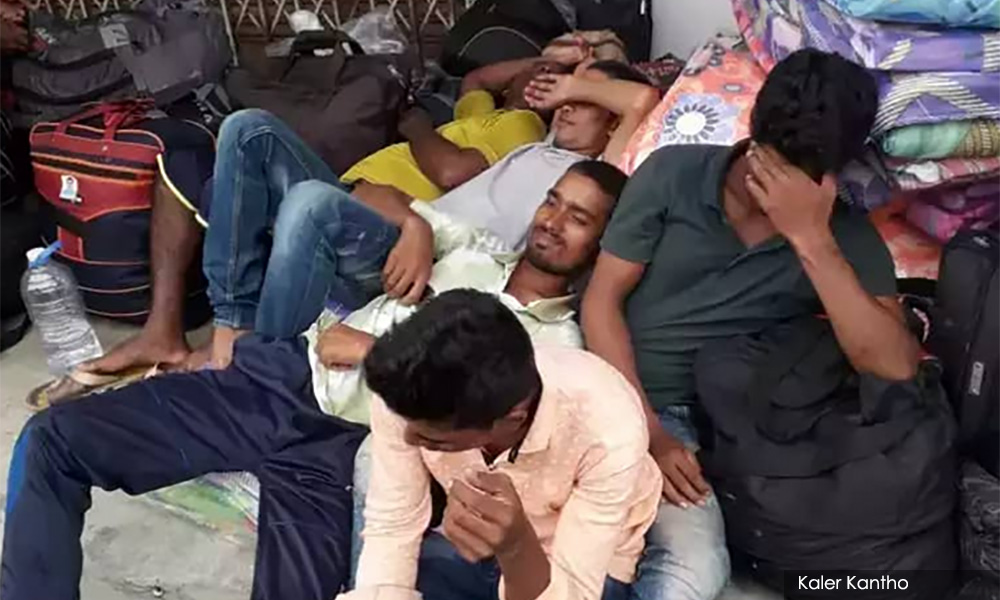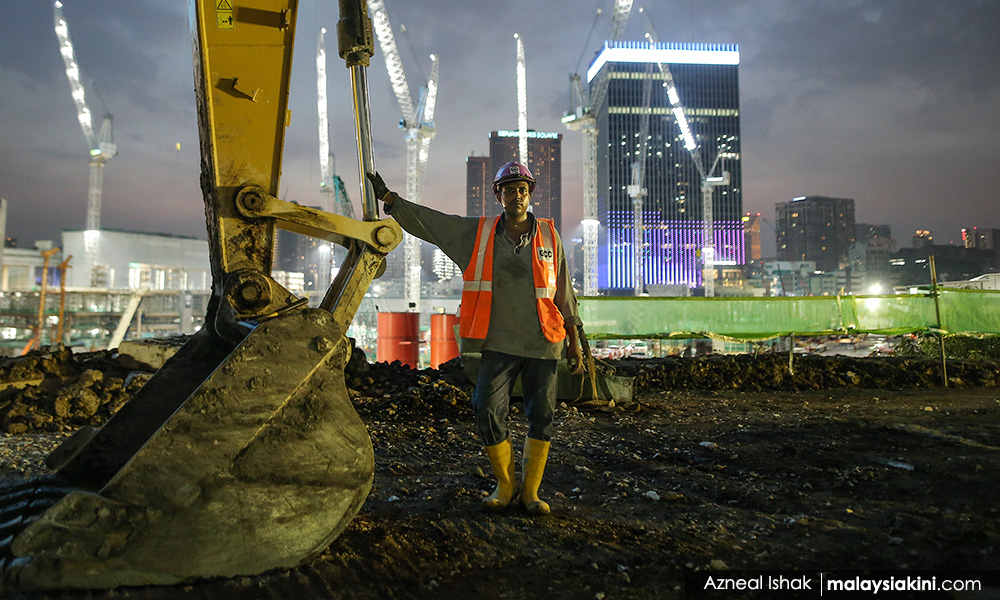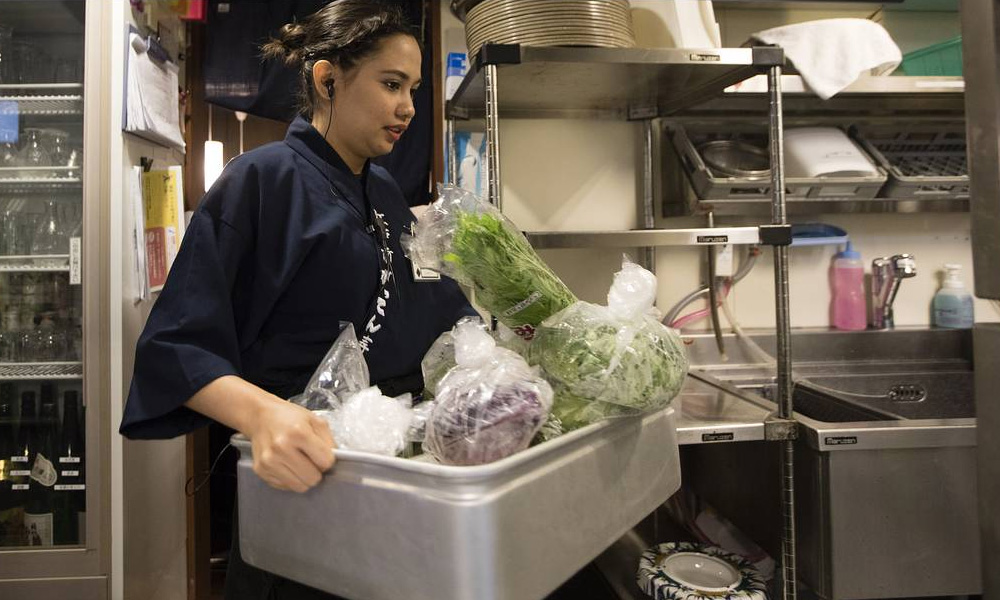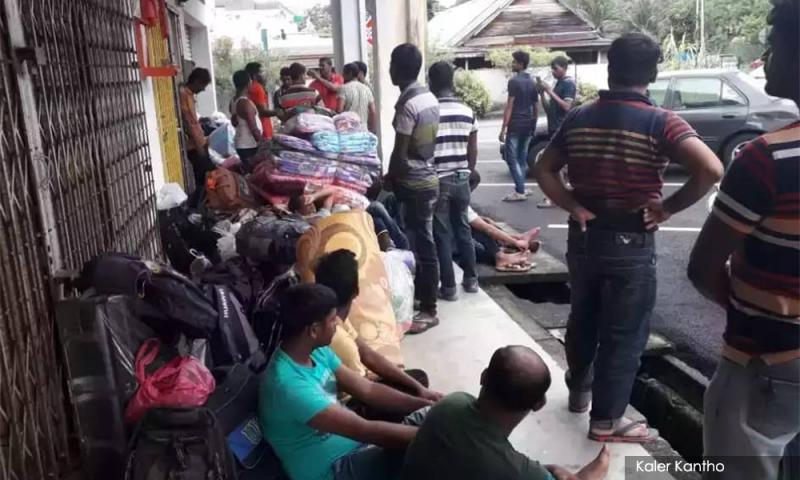COMMENT | On Dec 18, 2000, the international community adopted the International Convention on the Protection of the Rights of All Migrant Workers and Members of Their Families. Thus, we mark what is now known as International Migrants Day.
In the 19 years since the convention was adopted, we have made it easier and easier to move around our connected world. We have proven that migrant workers make huge financial contributions to the societies they are from and the societies they work in. Women migrant workers, especially, catalyse large changes at home through the sending of their remittances.
With increasing numbers of migrant workers, the expression and reiteration of their fundamental rights have never been more crucial.
In Southeast Asia and the Pacific, 11.6 million people are migrant workers – 5.2 million of whom are women. Many countries in the region rely on migrant workers for the functioning of their economies. These migrants shoulder large shares of work in key sectors like manufacturing, domestic and care work, services, and agriculture and fill local labour shortages.
With ageing populations and declining birth rates in several Asean countries, growing shortages will continue. Migrant workers are willing to fill these gaps.
But what do people think of migrant workers?

The report "Public Attitudes towards Migrant Workers in Japan, Malaysia, Singapore, and Thailand" by the International Labour Organisation and UN Women attempts to answer this question.
The study surveyed 4,099 people from the general population, aged 18–65 years, in four migration destination countries, namely Japan, Malaysia, Singapore and Thailand. The result raises concerns. Despite the critical roles of migrant workers, the study shows a worrying trend in public opinion.
The research reveals low levels of support for migrant workers in all four destinations for Asean migrant workers. For instance, 30 percent and 32 percent of respondents, in Singapore and Japan respectively, believe that "migrant workers are a drain on the economy", with 40 percent in Thailand, and 47 percent in Malaysia agreeing. The study also reveals that 51 percent of respondents in Japan, 52 percent in Singapore, 77 percent in Thailand and 83 percent in Malaysia felt that migration and crime are linked. Neither of these beliefs is true, but this demonstrates how facts can be eroded by fear, xenophobia and racism.
These attitudes also suggest a fundamental view that migrant workers should be treated differently and that discrimination is not a problem. Asked whether women migrant workers should have equal wages with women nationals doing the same job, only 33 percent in Malaysia and 38 percent in Singapore agreed, while nearly two in three people in Japan and Thailand agreed.

These kinds of erroneous assumptions and ideas not only devalue the identities and contributions of migrant workers but also worsen existing poor working and living conditions. We know that low levels of public support for migrant workers, discrimination and unfavourable migration polices are all linked.
We also know that women have different – and sometimes worse – experiences of migration. Discrimination based on gender puts women migrant workers further at risk of violence, harassment and exploitation.
Women make up nearly half of migrant workers in Southeast Asia and the Pacific. Yet, gender inequalities and sexism are perpetuated through migration for work, manifesting in poor attitudes, perceptions and ill-behaviour towards women migrant workers.
These factors make it even harder for women migrant workers to access regular migration channels and decent jobs, with, for instance, equal pay as men and the right to maternity leave. When in destination, legal protections from violence and harassment are often limited as are coordinated quality services in response to situations of abuse.
When it comes to polling on issues specifically affecting women migrant workers, however, the public is relatively more supportive. Majorities in each country polled feel that women migrant workers should have rights to maternity leave, withy domestic workers being provided with better labour conditions. Asked if they support stronger law enforcement to reduce violence against migrant women workers, 67 percent of the public in Japan responded positively, as did 77 percent in Singapore, 82 percent in Malaysia, and 83 percent in Thailand.

Despite the support from the public, women migrant workers still face challenges when they seek support. Fear of being deported, reluctance to report abuses to legal authorities, language and cultural barriers are among the multiple obstacles that women migrant workers who experience violence face. We need to fill the gap between public opinion and practices that women migrant workers regularly experience.
From this research, we have increased our understanding of what host societies think. The other side of this equation is to hear more of what migrant workers think. One prospective woman migrant worker interviewed in Vietnam said, "I wish to go abroad for work once... I want to go one time to see, to change my life a little."
Our institutions, structures and democracies must be partners in the change that she and other migrant workers desire, and their voices must be heard by governments, employers and trade unions within the world of work.
Indeed, we need to see more migrant workers and hear their experiences. We need to understand their goals and motivations, and their struggles and challenges. Perhaps the most important finding of the study relates to how much we interact with migrants. The greatest predictor of whether a person is going to have a positive attitude towards migrants is how much that person interacts with migrant workers.
It is critical, therefore, to encourage more interaction of communities with migrant workers – to build trust, understanding and familiarity with one another. The more interaction we have with migrants, the less xenophobia and discrimination they face.
This has to be met with changes to laws and policy to ensure there are no exclusions or “special rules” that apply to migrant workers; that they receive fair and equal treatment; that freedoms from violence and harassment are upheld; and that city planning, social dialogue and workplace inclusion encourage social interaction.
Next year, we will observe 20 years since the international community committed itself to ensure that migrant workers have their rights. The ILO and UN Women hope it will also mark a shift in our collective efforts to ensure attitudes to women and men migrant workers positively reflect the enormous sacrifices and contributions they make in our world.
DEEPA BHARATI is chief technical advisor for Safe and Fair Programme, International Labour Organisation Regional Office for Asia and the Pacific; ANNA ENGBLOM is chief technical advisor for Triangle in Asean Programme, International Labour Organisation Regional Office for Asia and the Pacific; and MELISSA ALVARADO is Ending Violence against Women Programme Manager, UN Women Regional Office for Asia and the Pacific.
The views expressed here are those of the author/contributor and do not necessarily represent the views of Malaysiakini.





